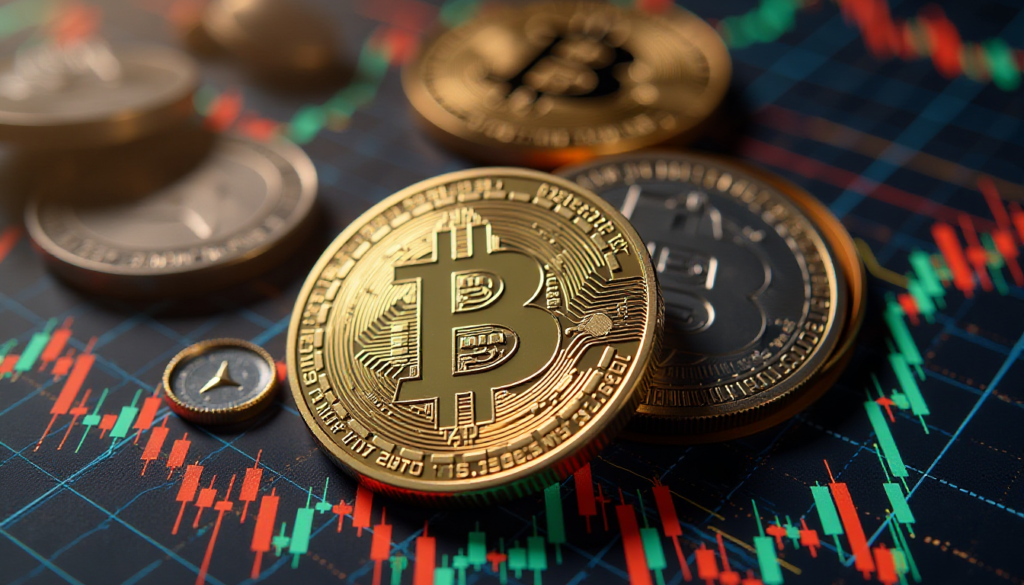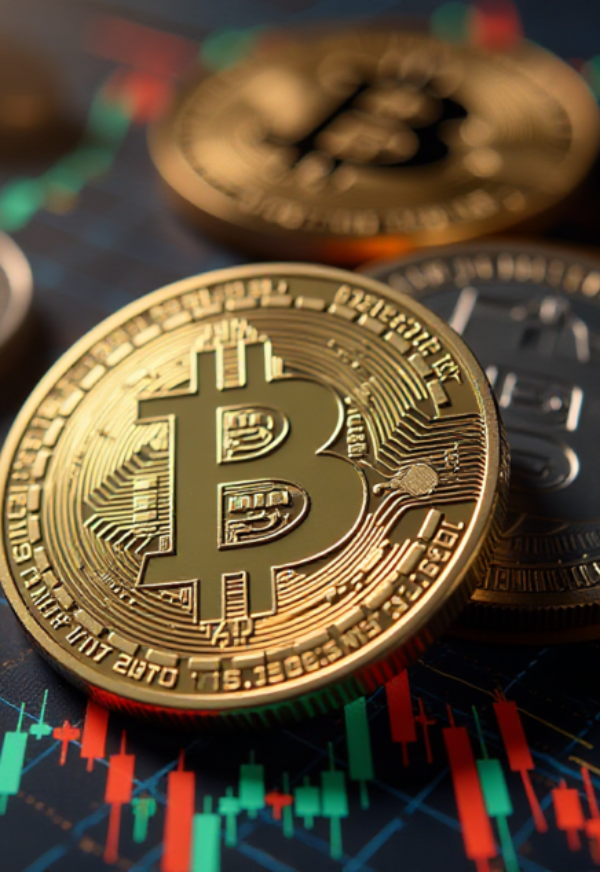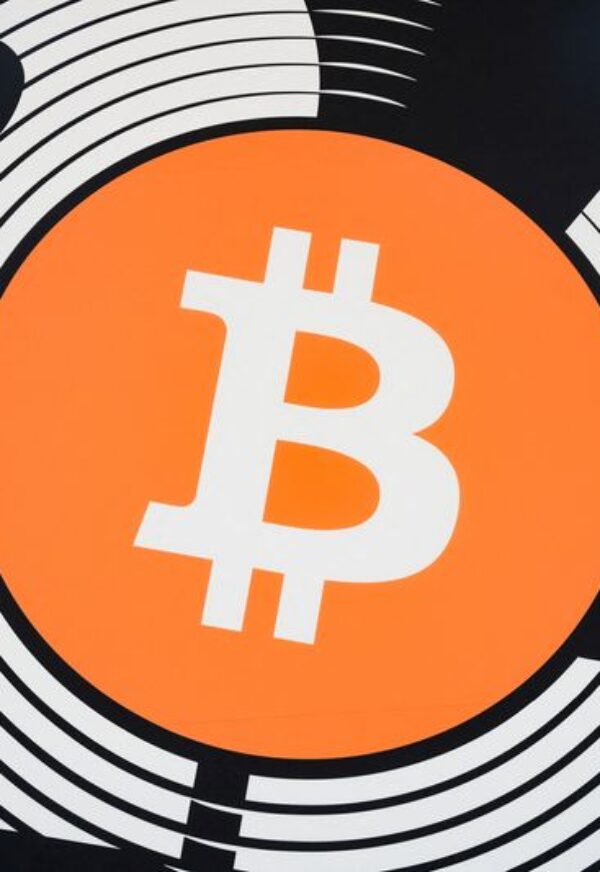How a U.S. Bitcoin Strategic Reserve Would Work
Bitcoin hit a record high of over $107,000 on Monday after President-elect Donald Trump reiterated his plans to create a U.S. Bitcoin Strategic Reserve, sparking the enthusiasm of crypto bulls.
The concept of a strategic reserve is not new; it refers to a stockpile of a critical resource, which can be released during times of crisis or supply disruptions.
The most famous example is the U.S. Strategic Petroleum Reserve. Strategic Petroleum Reserve, established in 1975 after the Arab oil embargo of 1973-74, designed to ensure the country’s energy security.
Similar reserves exist in other countries, such as Canada’s maple syrup stockpile and China’s reserves of metals, grains, and pork products. The idea of creating a strategic reserve for Bitcoin aims to secure U.S. economic interests in the growing cryptocurrency market.
What is a U.S. Bitcoin Strategic Reserve?
A U.S. Bitcoin Strategic Reserve would be similar to the Strategic Petroleum Reserve but would store Bitcoin as a valuable asset instead of crude oil. This reserve may stabilize Bitcoin’s value during periods of market disruption or crisis.
The U.S. government can acquire Bitcoin in various ways, such as purchasing it directly from the market or seizing assets from criminal activity.
The idea behind this plan is the creation of a strategic financial asset that can potentially benefit the economy in the future, especially given the increasing prominence of Bitcoin in global markets.
There is significant debate over whether Trump can use executive powers to create the reserve or if it will require Congressional approval. Some have suggested that Trump could issue an executive order directing the U.S. Treasury’s Exchange Stabilization Fund (ESF) for the purchase and holding of Bitcoin.
The ESF presently manages the country’s foreign currency reserves and could thus be expanded to include Bitcoin; this would allow the government to build a stock over time. One potential source for that stockpile would be from the Bitcoin seized from criminal organizations.
As of now, the U.S. government holds around 200,000 Bitcoins, which are valued at approximately $21 billion at the current market price. This stockpile could serve as the foundation for the Bitcoin reserve, although the legalities of transferring these assets from the Justice Department to the Treasury remain unclear.
There is also the matter of whether the government would buy more Bitcoin, that is, buy it from the open market.
It would require the U.S. to issue new debt or sell part of the gold reserve to fund the same. This has created quite a controversy as those for the Bitcoin reserve believe that part of the country’s gold could be sold to help raise the money needed for the Bitcoin acquisition.
A Bitcoin Reserve Proposal from Senator Cynthia Lummis
One of the most prominent proposals for a Bitcoin reserve comes from Republican Senator Cynthia Lummis-a proponent of cryptocurrency herself who owns five Bitcoins. Last July, Lummis introduced a bill that remains pending to establish a Bitcoin reserve governed by the U.S. Treasury.
The bill would have the Treasury buy 200,000 Bitcoins each year for five years so that it could attain a one million Bitcoins reserve.
It would be approximately 5% of the global supply since the Bitcoin supply is capped at 21 million coins. The Treasury would use its returns from Federal Reserve bank deposits and gold holdings to finance such purchases so that the reserve will eventually be self-sustaining.
The plan also states that the Bitcoin reserve must be maintained for at least 20 years in the interest of long-term U.S. economic stability. In the process of a gradual accumulation of Bitcoins, the United States can lay a very valuable asset within time, becoming a prominent nation in the cryptocurrency space.
Advantages of Maintaining a Bitcoin Reserve
Some proponents argue that a Bitcoin reserve would have many benefits in relation to the U.S. economy.
A proposed positive from these plans is that it might let the United States dominate the world’s market in Bitcoin, especially amid increasing competition from China.
Second, having a Bitcoin reserve may provide long-term monetary benefits because, historically speaking, Bitcoin has had a general tendency to increase in price over time.
The stock of having a large supply of Bitcoins could, for instance enable a reduction in the national debt by either not increasing taxes or from borrowing. As the value of Bitcoin would increase the value of the reserve that would hedge inflation and hence strengthen the U.S. dollar.
Senator Lummis is quoted to have the belief that the reserve may reduce the U.S. debt by half in 20 years. He believes Bitcoin’s appreciation will protect the U.S. economy from inflation and boost the dollar’s strength.
A strong dollar would, in turn, give the U.S. more clout over its foreign adversaries such as China and Russia. With such economic muscle, the U.S. can negotiate from strength on the world stage.
Risks of a Bitcoin Reserve
Despite the potential advantages, there are several risks associated with a U.S. Bitcoin reserve. According to critics, Bitcoin is a volatile asset that carries risks for the government in holding large quantities.
It is unlike other commodities, whose value is intrinsic and contributes to the functioning of the economy of the United States. Created in 2008, Bitcoin is still relatively young and untested, and the price can fluctuate wildly.
This volatility could create significant problems if the United States were to buy or sell large quantities of Bitcoin because it could have a big impact on the market.
Moreover, Bitcoin wallets are vulnerable to cyberattacks. If the U.S. government holds large amounts of Bitcoin in digital wallets, it becomes a prime target for hackers. The attack could result in billions of dollars’ worth of Bitcoins being lost, and that would be very serious for the U.S. economy.
Crypto skeptics also argue that Bitcoin is too speculative to serve as a stable reserve asset. While some believe its value will continue to rise, others remain unconvinced and point to the lack of regulation and the unpredictability of the market.
Bitcoin has no backing from a central authority, and its value is largely determined by market sentiment. If this sentiment changes, the price of Bitcoin could drop dramatically and leave the U.S. with a huge financial loss.
A U.S. Bitcoin Strategic Reserve would present both opportunity and risk. On one hand, it would offer the U.S. a potentially valuable financial asset that might help to reduce debt and make the dollar stronger in the long run.
On the other hand, the high volatility and the risk of Bitcoin’s safety might make the asset an unhealthy position to hold large quantities of it.
Considering the US government continues looking at a possible Bitcoin reserve, this could require thorough comparison between possible benefits and its risks for its creation towards the achievement of an economic impact, as a positive contribution of such an activity, rather than negatively.



